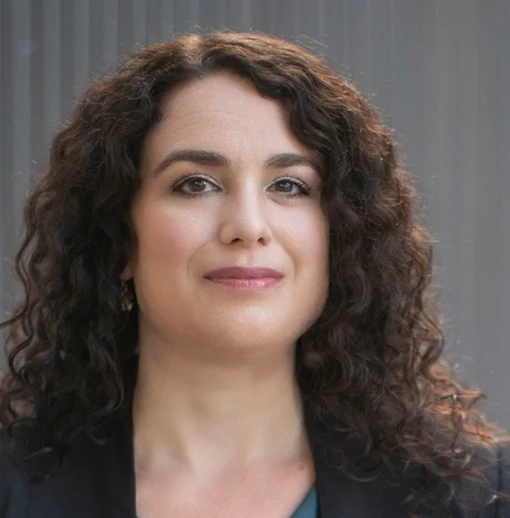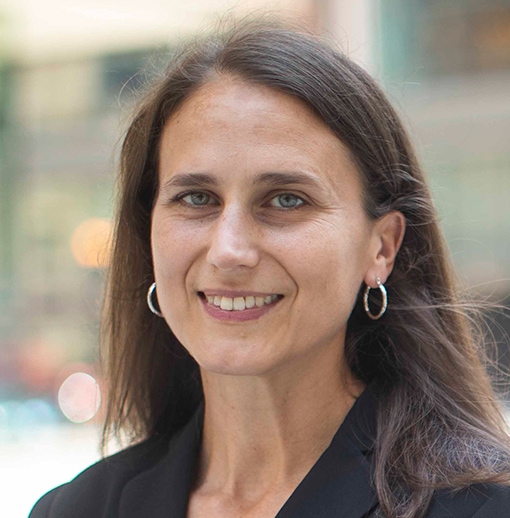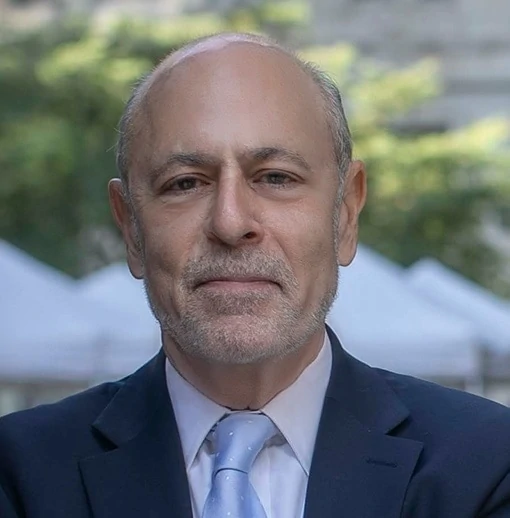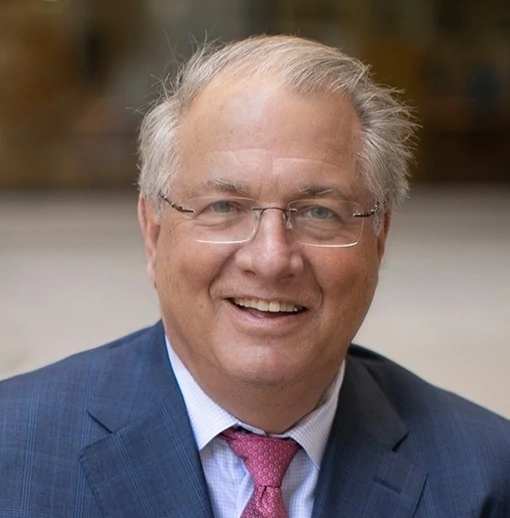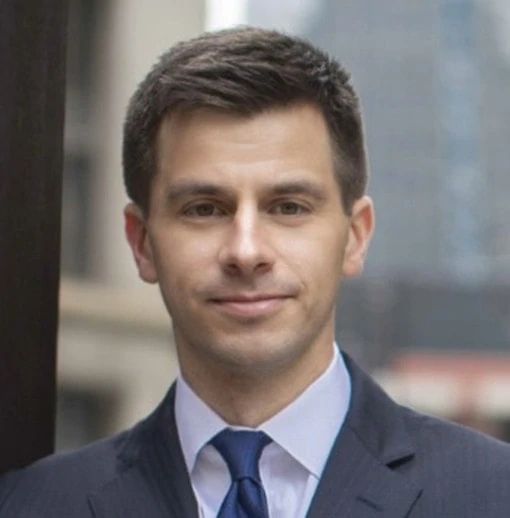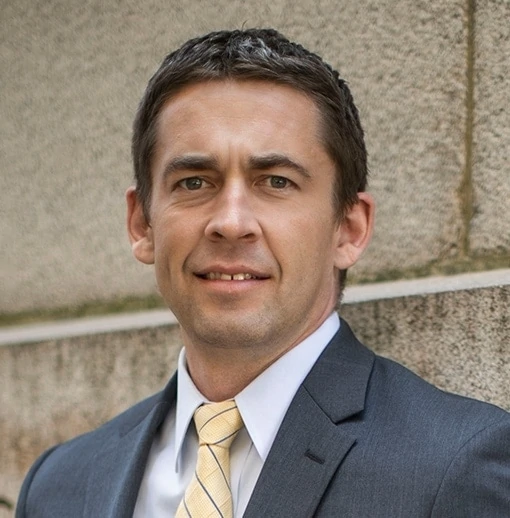At HSPRD, we take pride in our diverse talent pool. Our attorneys have professional backgrounds in private and public sectors, at large firms and prominent non-profits, working for judges, and as public defenders. Each member of the civil rights and constitutional law team brings to the table superior legal skills combined with creative vision, collaborative spirit and compassionate approach. We work tirelessly to defend constitutional rights, fight discrimination, and challenge misconduct by government agencies.
HSPRD has long protected the rights of immigrants and visa workers. A class action lawsuit filed by HSPRD resulted in a historic settlement for Mexican contract laborers (braceros) who worked in the U.S. from 1942 to 1946 during World War II. The settlement recovered unpaid wages for workers who were systematically denied 10 to 15 percent of their wages and was the catalyst for a reparations programs for thousands of laborers who worked in the United States from 1947 to 1962.
Our criminal justice advocacy was the catalyst for dramatic reforms in the way Cook County judges set conditions of pretrial release, drastically decreasing the use and amounts of money bail. Defendants are now significantly less likely to be held in Cook County Jail pending trial.
HSPRD procured settlements for homeless clients after filing some of the first substantive lawsuits under the Illinois Bill of Rights for the Homeless Act. We set a precedent for a broad interpretation of the 2013 bill that bolsters the rights of the homeless.
HSPRD successfully represented five women who were denied employment as City of Chicago paramedics due to a discriminatory physical test. After successfully representing the women in the Seventh Circuit Court of Appeals, judgement was entered in our clients’ favor. Several of the women were instated, and all recovered significant damages in the form of back pay and pension benefits.
Under the current presidential administration, our attorneys have filed amicus briefs across the country on behalf of law enforcement leaders who believe enforcing punitive immigration policies erodes community trust in police. We also advised the U.S. Conference of Mayors regarding the legal status of municipal ordinances on sanctuary cities. HSPRD attorneys drafted some of the first such ordinances in the nation.
We have represented clients in individual and group claims before the U.S. Equal Employment Opportunity Commission, the Illinois Department of Human Rights, the Cook County Commission on Human Relations, the City of Chicago Commission on Human Relations, the U.S. Department of Education Office for Civil Rights, and state and federal courts.
In addition to representing persons seeking to vindicate their legal rights in court, HSPRD attorneys have provided legal advice to private corporations, municipalities and school districts, and other public agencies on civil rights and constitutional compliance matters. Our attorneys have extensive experience assessing vulnerabilities, drafting personnel policies and employee handbooks, conducting compliance audits, overseeing internal investigations, and providing anti-discrimination and anti-harassment training.
NOTABLE HSPRD CASES
EMPLOYMENT DISCRIMINATION
Lewis v. City of Chicago. HSPRD represented more than 6,000 African-American clients who the Chicago Fire Department denied employment based on race. A trial court ruled the City’s method of hiring bore no relationship to candidates’ skills or abilities, yet white candidates were more than five times more likely to be hired than their African-American counterparts. The practice was, as the trial court called it, “a manifest violation of Title VII,” the nation’s core federal guarantee of equal employment opportunity. HSPRD prevailed not only at trial but also in a federal court of appeals and before the U.S. Supreme Court, which issued a unanimous opinion in favor of our clients. In all, 111 class members were hired as Chicago firefighters. Our clients received $78.5 million in back pay and pension contributions.
Jones v. Walgreen Co. HSPRD obtained a $17 million settlement on behalf of a nationwide class of female Walgreens management employees. An injunction required Walgreens to establish objective criteria for pay and promotions and to comply with an outside review of gender equity efforts.
SCHOOL DESEGREGATION
People Who Care v. Rockford Board of Education. In one of the largest school desegregation cases since Brown vs. Board of Education, HSPRD obtained a court order that effectively integrated African-American and Latino students into Rockford, Illinois schools. Rockford was required to spend tens of millions of dollars on new school construction in minority neighborhoods. The case resulted in the most extensive set of liability findings in the history of desegregation legislation.
South Inter-Conference Association Litigation. We represented several predominantly African-American school districts in a challenge to a decision made by eleven predominantly white districts to secede from the South Inter-Conference Association (SICA) and form a predominantly white high school interscholastic conference. The split would have effectively ended regular season competition between majority-white and majority-African-American high schools in the area. The case was one of the first to use the “effects test” provisions of the Illinois Civil Rights Act of 2003. The case settled on terms that ensured integrated sports conferences.
FAIR CREDIT REPORTING ACT
Joshaway v. First Student and Hunter v. First Transit. We challenged two subsidiaries of the largest public transportation provider in the United States in class action lawsuits when the company used background checks on employees and applicants in violation of the Fair Credit Reporting Act (FCRA). HSPRD procured a $5.9 million settlement, one of the largest FCRA settlements for employment-related claims in U.S. history.
HOUSING DISCRIMINATION
Hispanics United v. Village of Addison. HSPRD obtained one of the largest Fair Housing Act settlements in U.S. history. The class action lawsuit was brought on behalf of residents of two predominantly Mexican communities in Addison, Illinois after the village planned to demolish the communities under the guise of “urban renewal.” The settlement effectively changed the use of tax increment financing (TIF) projects and resulted in millions of dollars in compensation and community development benefits.
VOTING RIGHTS
del Valle v. Illinois Legislative Redistricting Commission. HSPRD represented Latino elected officials and community leaders in challenging gerrymandered legislative districts as violations of the Voting Rights Act and the First Amendment to the United States Constitution. The resulting settlement created district boundaries that maximized the electoral power of Illinois’ Latino communities and facilitated the rapidly growing Latino political power in Illinois.
EQUAL PROTECTION AND DUE PROCESS
Robinson v. Martin. HSPRD represented a class of individuals detained at Cook County Jail who were otherwise eligible for release on bond but remained detained because they could not afford their bond amounts. These individuals sued Cook County Judges who set bonds without making inquiries or findings about ability to pay the bond set. During the suit, Circuit Court of Cook County Chief Judge Timothy Evans issued General Order 18.8A, which prohibits judges within the County from setting cash bail in amounts beyond what defendants could afford. The population of the Jail, which is the country’s second largest single site jail correctional facility and houses the vast majority of the County’s pretrial population, declined by more than 1,100 inmates in the first two months after the Order took effect.
FOURTH AMENDMENT
Escobar, et al. v. Gaines, et. al. HSPRD represented victims of a warrantless raid in Nashville, Tennessee conducted by U.S. Immigration and Customs Enforcement (ICE) agents and Metropolitan Nashville Police Department (MNPD) officers. ICE and MNPD agreed to pay $310,000 to settle all claims. Related settlements were reached with private defendants in the case.
THE RIGHTS OF PEOPLE EXPERIENCING HOMELESSNESS
Henderson v. City of Chicago. HSPRD brought the first substantive case under the Illinois Bill of Rights for the Homeless Act. Our client Robert Henderson made claims against the City of Chicago after city workers seized and destroyed all of his possessions—including his medications, identifications, obituaries of family members, and a Bible—during the time he was living under a West Side viaduct. Through litigation, HSPRD secured the first interpretation of the Act, and a favorable settlement for Mr. Henderson.
Smith v. City of Chicago. HSPRD represented a couple who brought claims under the Illinois Bill of Rights for the Homeless Act, asserting that for more than a year while they were struggling with homelessness, City of Chicago employees, including numerous officers of the Chicago Police Department, continuously harassed them because of their homeless status. City workers, among other things, routinely destroyed their belongings, forced them to leave public areas, and subjected them to derogatory remarks about their homelessness. HSPRD defeated the City’s motion to dismiss, obtaining a favorable interpretation of the Act, and secured a successful settlement for our clients.
FIRST AMENDMENT
Trombetta vs. Proviso Township High School District 209. HSPRD represented an employee at a suburban Chicago high school who was fired after supporting the candidate of his choice in local school board elections. The verdict was one of the highest in a single plaintiff civil rights action in the U.S. District Court for the Northern District of Illinois.
ACLU v. City of Chicago. Our attorneys challenged political surveillance and harassment by local and national law enforcement and intelligence agencies. The class action lawsuit resulted in a consent decree with the broadest restrictions in the nation on government interference in First Amendment activities involving non-governmental, community and public interest organizations.
LAW ENFORECEMENT MISCONDUCT
Estate of Daniel Prude v City of Rochester, NY. Represented the estate of a Black man killed by Rochester police officers in March 2020, as they were responding to his pleas for help as he suffered an acute mental health crisis. Settlement of $12,000,000 was one of the largest single plaintiff police misconduct recoveries in the country.



